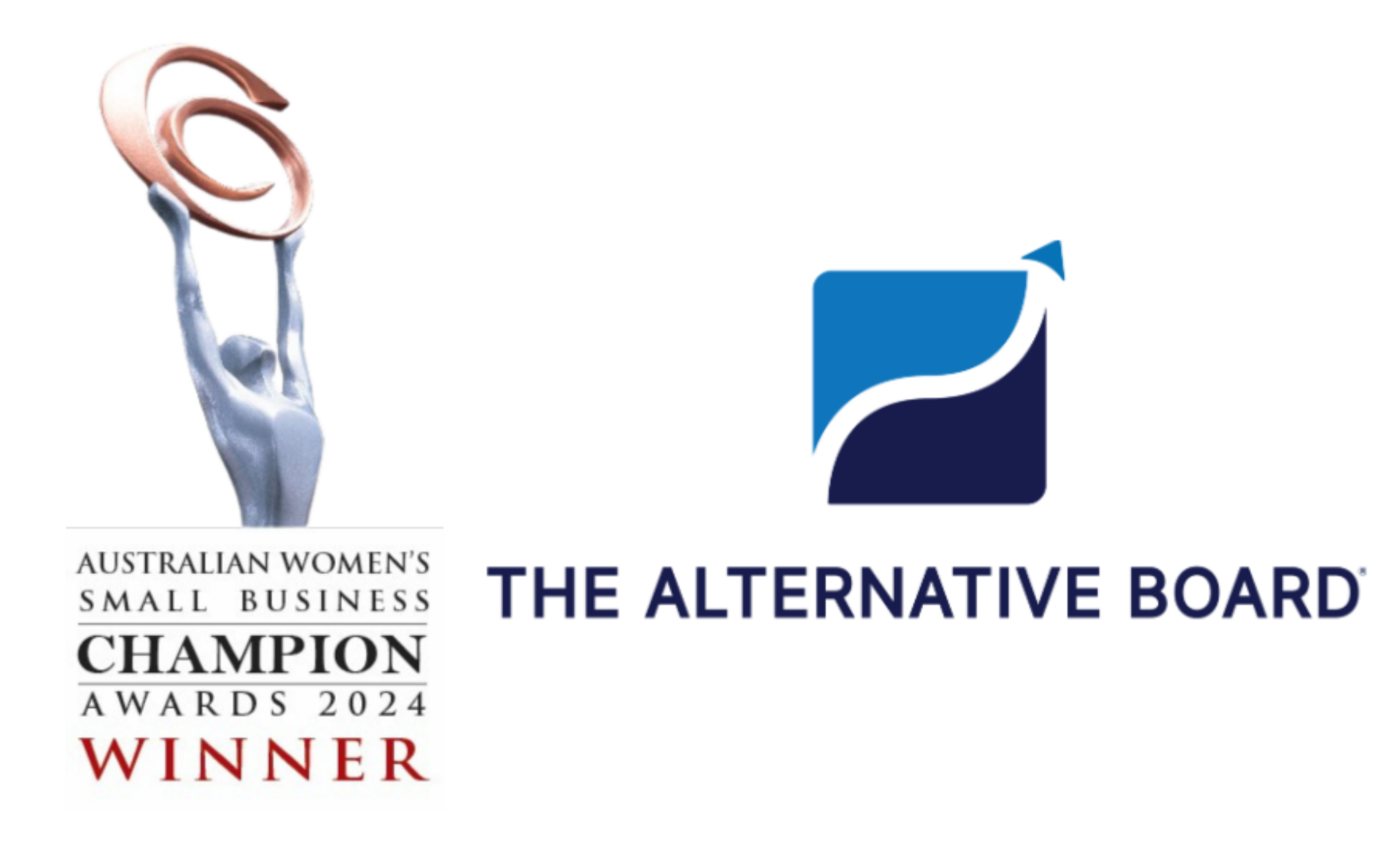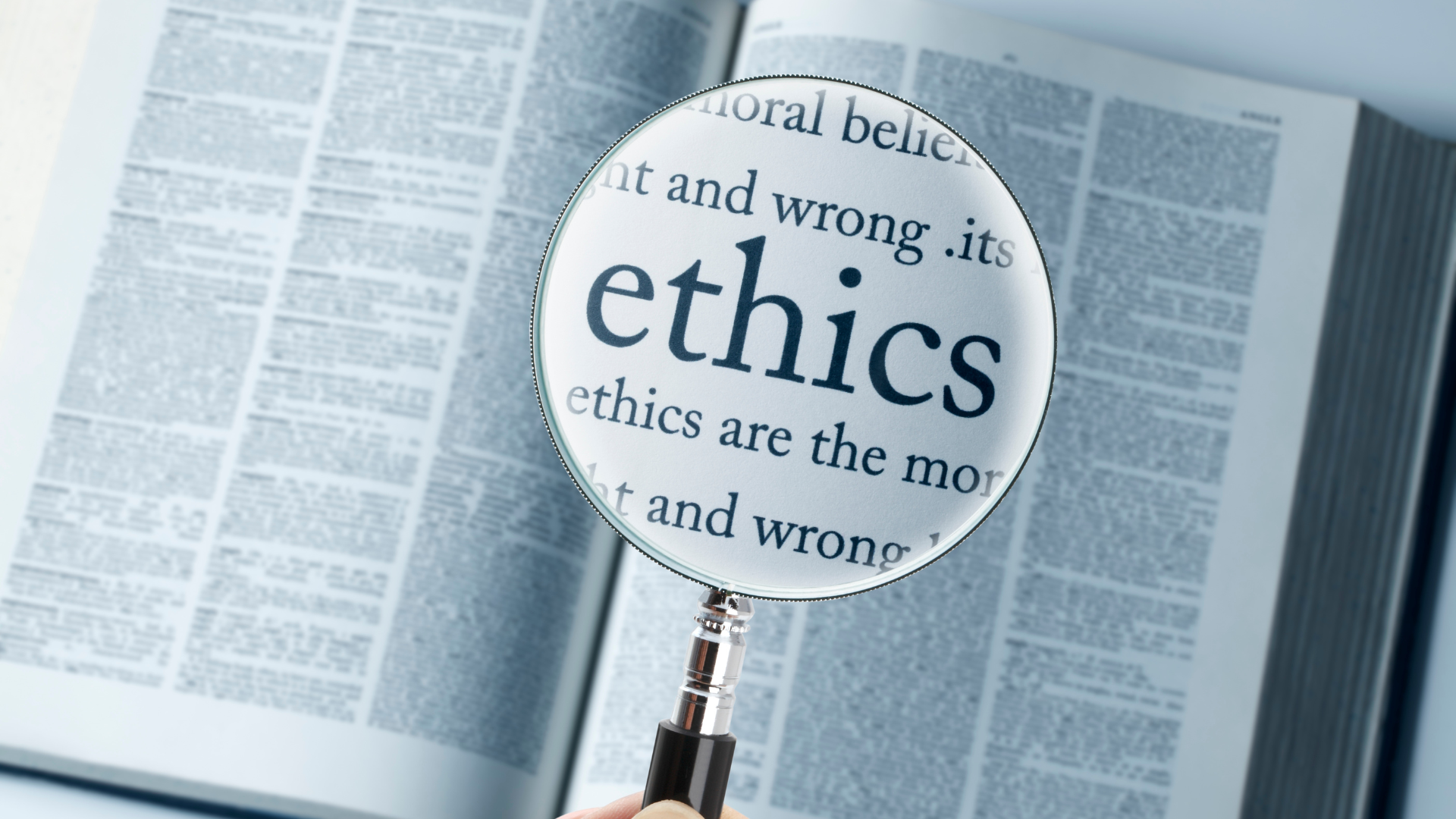Business ethics is a nuanced subject, often leaving owners and executives grappling with moral dilemmas. Interestingly, few individuals, even when engaging in questionable practices, perceive their actions as unethical. They often justify their decisions as “necessary” in the face of ethical ambiguity. But does the complexity of an ethical challenge absolve decision-makers of accountability? It’s a tough question to answer, but what’s certain is that business ethics reside in a vast grey area, where morality is subjective and context-dependent. This becomes particularly significant in today’s landscape, where consumers increasingly seek alignment with organisations that reflect their own values and principles.
Reflecting on Gordon Gekko: Lessons from Wall Street
For those who remember the iconic 80s film Wall Street, the character of Gordon Gekko epitomised corporate greed and moral bankruptcy. His infamous motto, “Greed is good,” became emblematic of a generation’s perception of corporate corruption. However, real-life ethical dilemmas are rarely as clear-cut as depicted in cinema.
A Contemporary Example: Kellogg’s Case Study
In February 2024, WK Kellogg’s CEO Gary Pilnick stirred controversy during an interview on CNBC. He suggested that eating cereal for dinner was a budget-friendly solution amidst rising grocery prices, sparking public backlash. Pilnick’s proposal, drew criticism from consumers, leading to a boycott of Kellogg’s products. This incident highlights that consumers are savvier and ethically more conscious than ever.
Why Ethical Decision-Making is Complex
While most business owners strive to make morally upright decisions, distinguishing between right and wrong can be challenging. Several factors contribute to the complexity of ethical leadership:
- Multiple Stakeholders: Decision-makers must consider the interests of various stakeholders, including employees, investors, regulators, and the environment. Balancing competing priorities often complicates ethical decision-making.
- Ambiguity: Ethical issues frequently exist in grey areas, devoid of clear-cut solutions. Complexities arise when balancing considerations such as environmental impact and fair labour practices, especially across diverse cultural contexts.
- Technology: The digital age introduces new ethical dilemmas, such as data privacy and cybersecurity. Determining appropriate investments in these areas remains ambiguous, with no universal guidelines for organisations of varying sizes.
Navigating Ethical Challenges in Your Business
While your organisation may not rival the scale of corporations like Kellogg’s, Target, or Honeywell, ethical decision-making remains paramount. Recognising the absence of definitive right or wrong answers underscores the importance of empathy and humility in leadership. As a business owner, prioritising ethical conduct involves constant reflection and a commitment to aligning actions with values.


